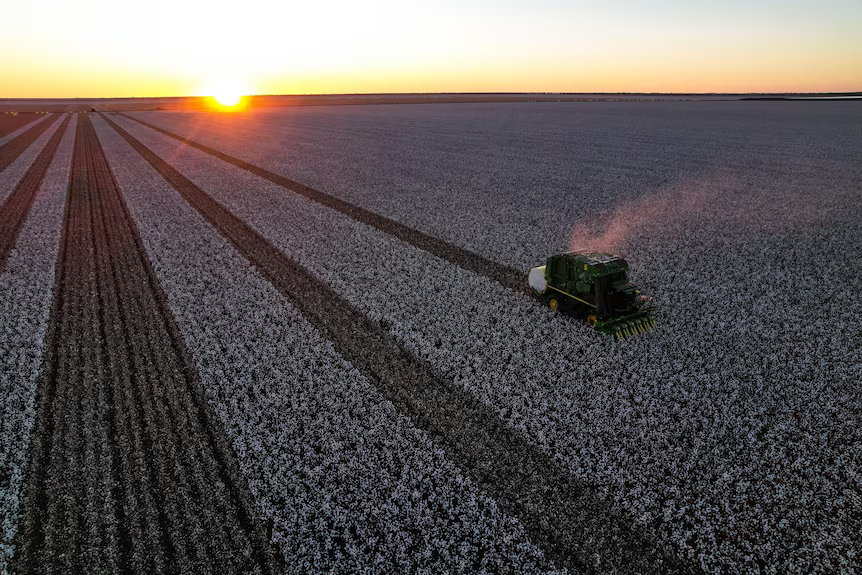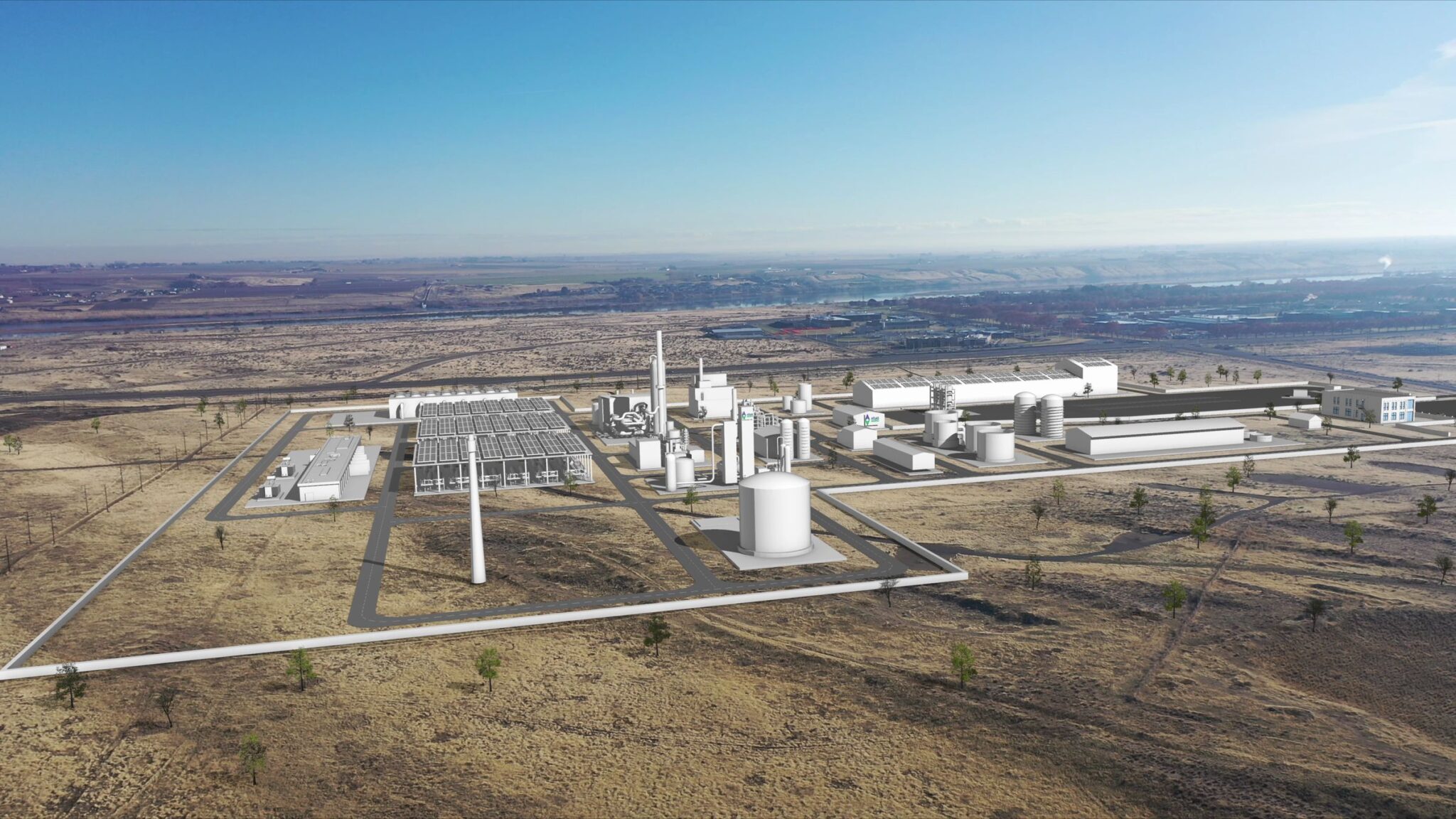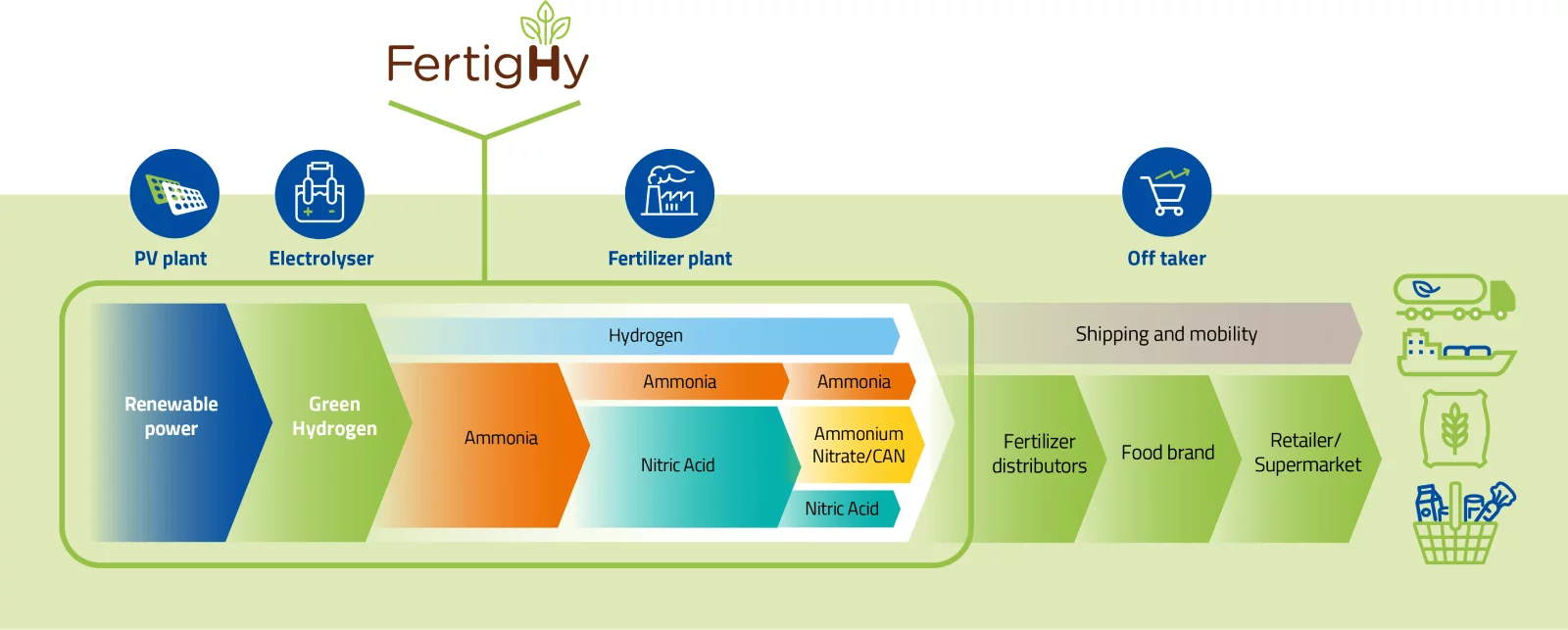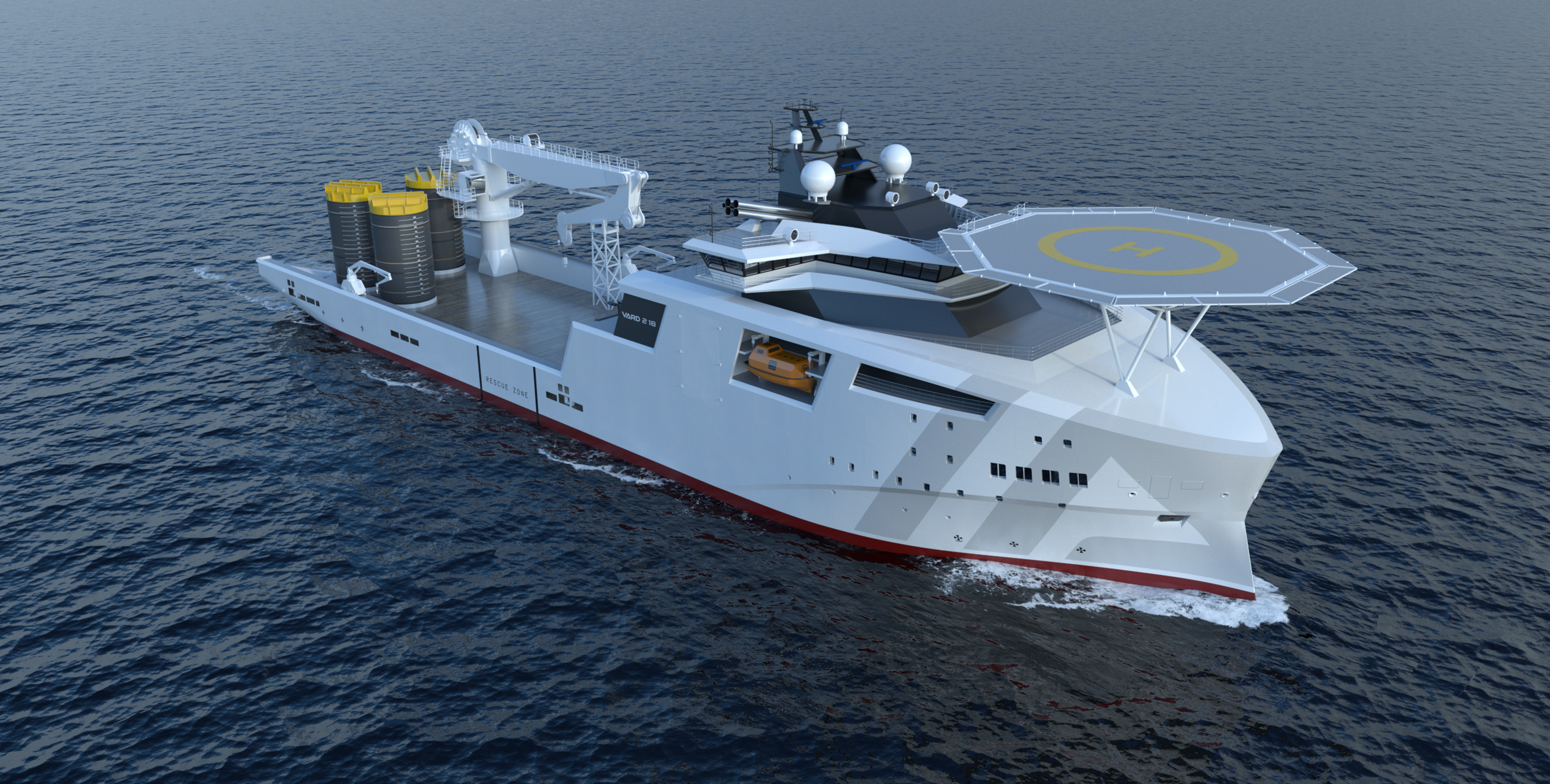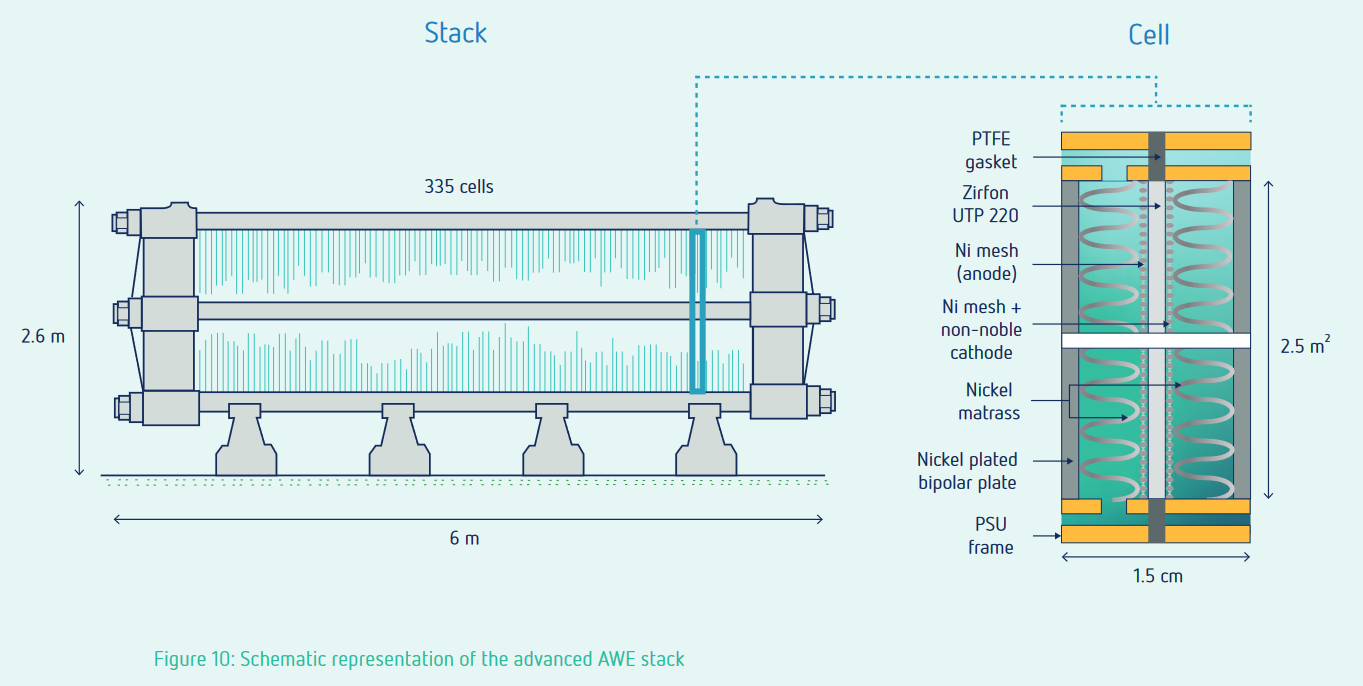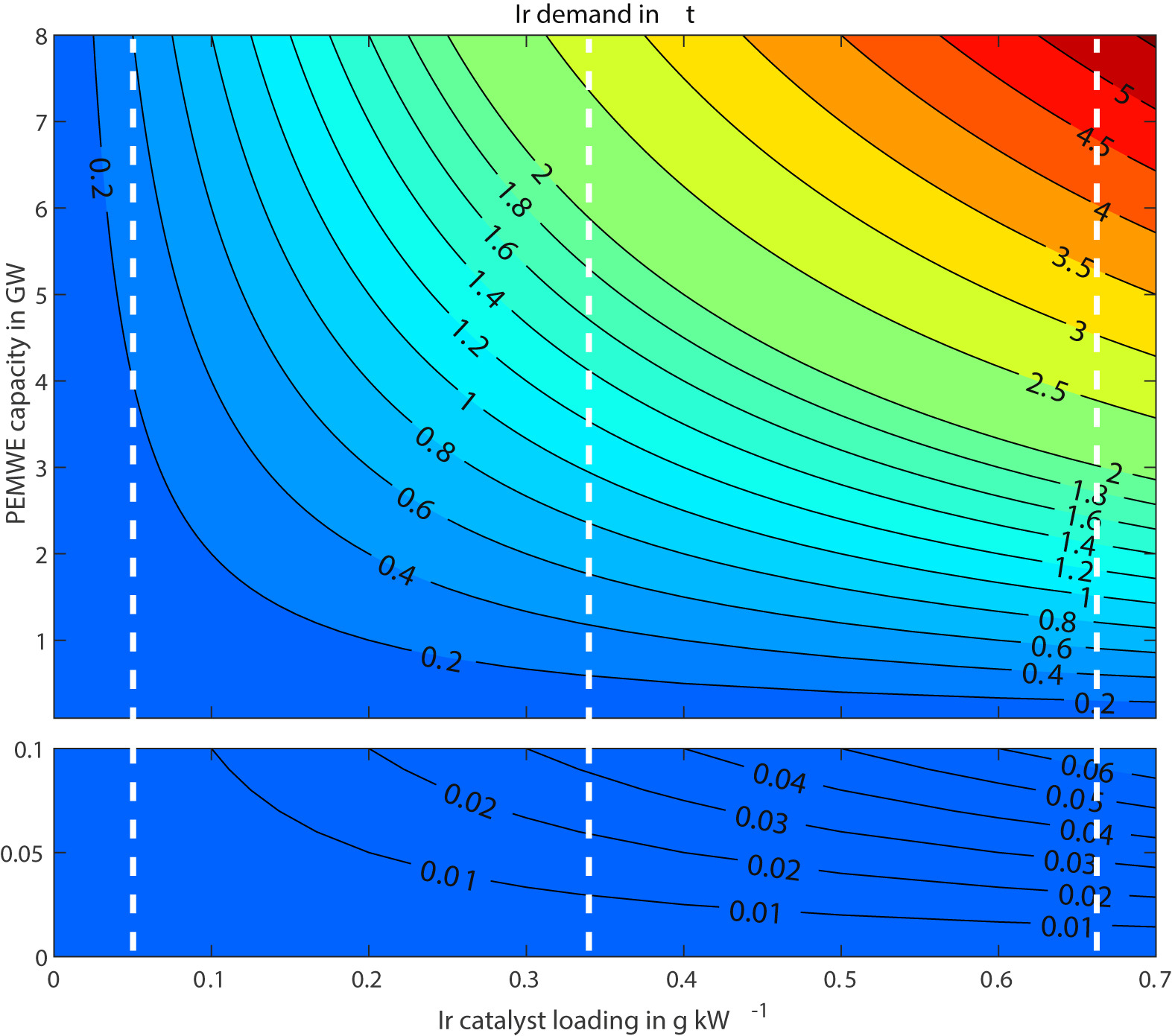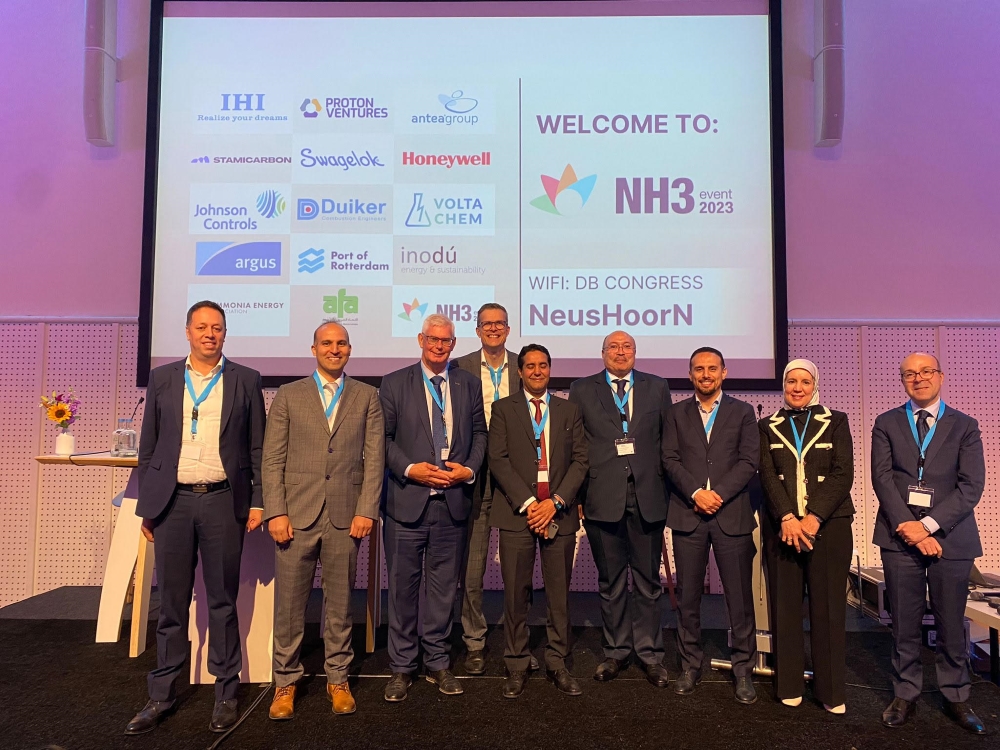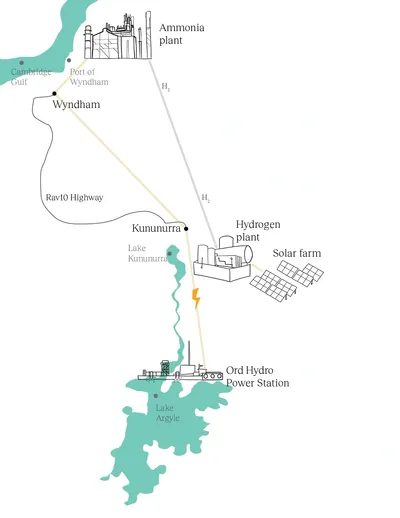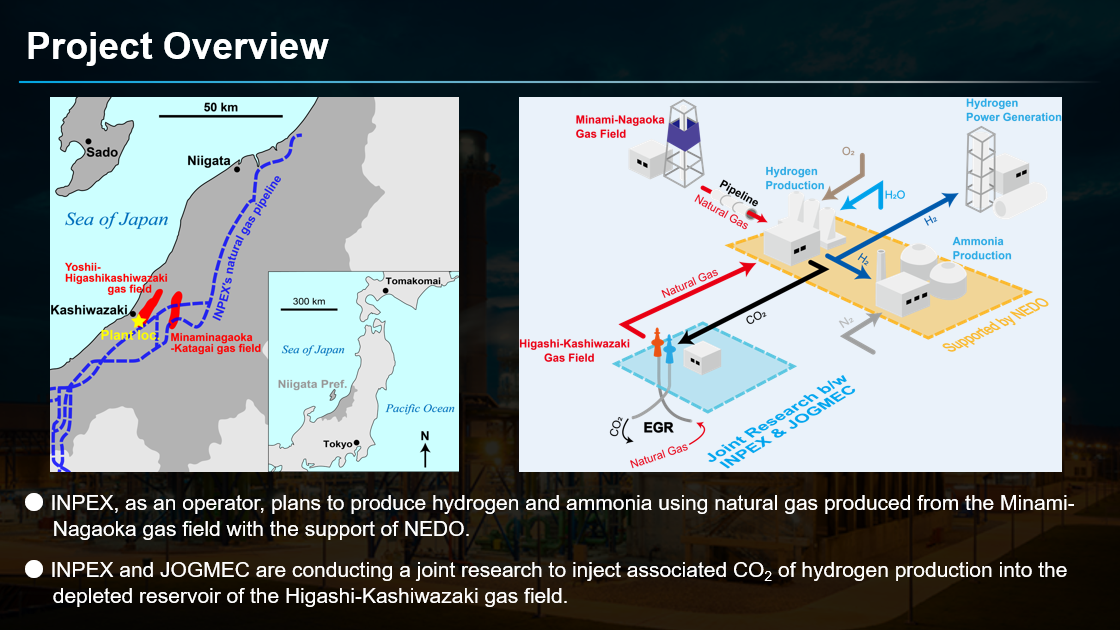Renewable ammonia to support cotton farming in Australia
New Zealand-based Hiringa Energy and Australian group Sundown Pastoral will develop the Good Earth Green Hydrogen and Ammonia Project (GEGHA), which will produce ammonia-based fertiliser & hydrogen for fuel cells to support cotton farming near Moree, New South Wales. The partners are already looking to expand to multiple production projects in the area.
